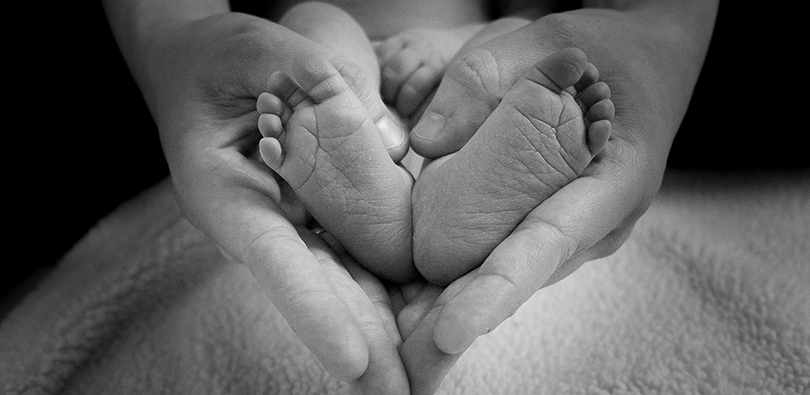
Across many different populations, those with better social support tend to fair better in the face of adversity. Undergraduate students in Loughborough University’s School of Sport, Exercise and Health Sciences have been exploring maternal mental health and the roles of different forms of support, including physical activity.
The students, supervised by Dr Gemma Witcomb, have used online questionnaires to survey new mums, with questions covering social media use, sources of support, patterns of and barriers to physical activity and measuring anxiety, depression, perceived parenting competence and social comparison.
Social media use
One study looking at social media use found that mums with one child used Facebook more than mums with two or more children, and that mums with one child scored lower on measures of perceived parenting competence compared to those with two or more. These findings suggest new mums are looking to Facebook to engage with other mums.
The study also found that the more time a mum spent on Facebook, the greater their levels of social comparison and the greater their anxiety, so while social media can provide a good source of social support, it can also foster unhealthy comparisons and exacerbate people’s worries. However there are new movements, such as the Every Mum Movement, that aim to give a more realistic portrayal of parenting and encourage parents not to believe everything they see on social media. The #ShoutieSelfie campaign from Mummy Links also aims to raise awareness and reduce the stigma around maternal mental health.
Mum and baby fitness classes
The second study found that engaging in mum and baby fitness classes was associated with lower scores on a measure of post-natal depression than in engaging in no exercise or exercising alone. This may be due to the increased social support received at the mum and baby classes or a benefit of engaging in better, more structured activity, or it may reflect better mental health to engage with such activities.
The results of this study are preliminary and there are many caveats to explore, such as looking at the exercise behaviour of the mums before having children. However, it does suggest that mum and baby activities that combine social support, meeting others and an element of exercise and physical activity may give the most benefits.